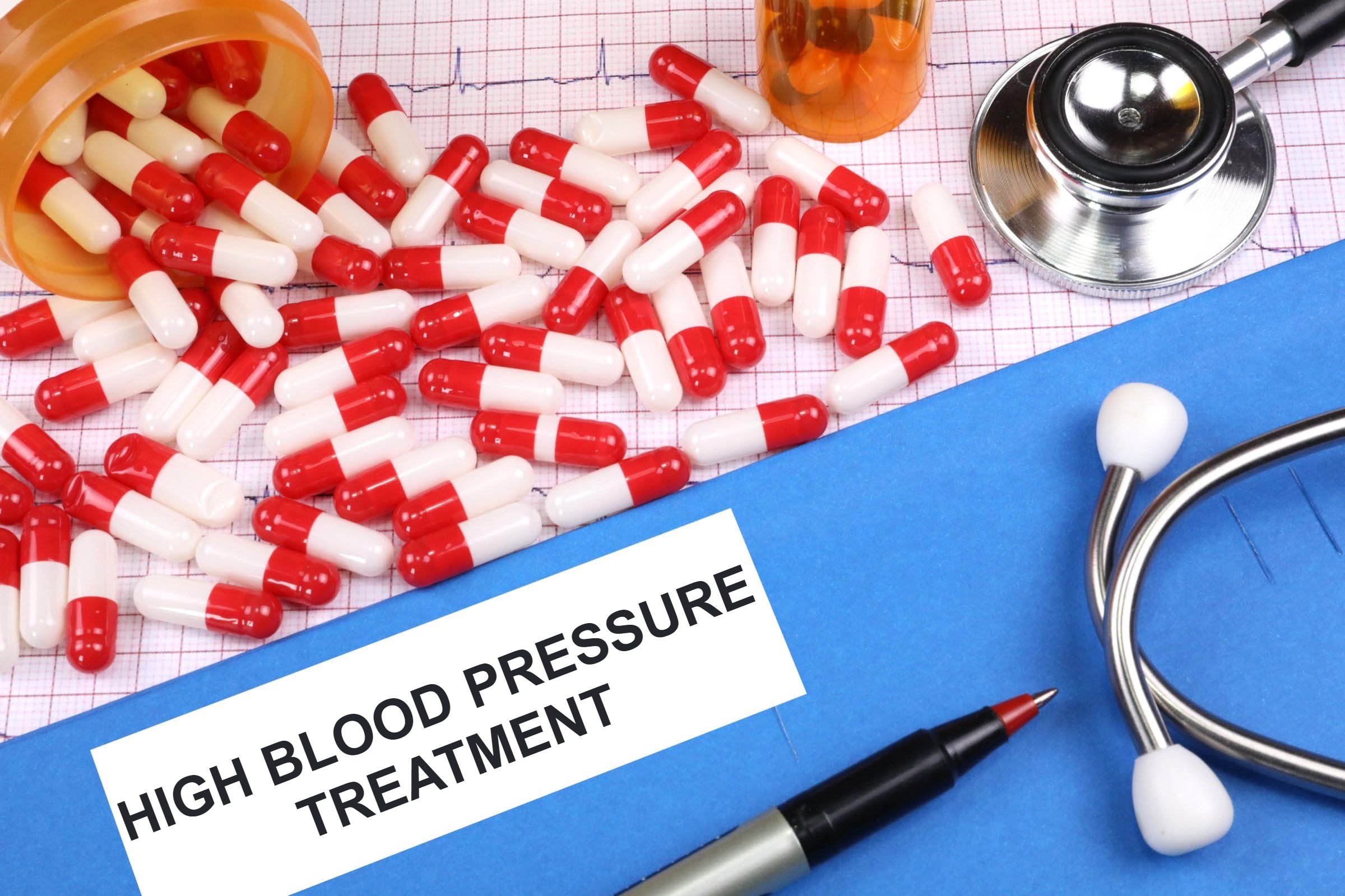Maintaining blood pressure at home involves adopting a healthy lifestyle and monitoring your readings regularly. Here are some practical tips for managing blood pressure in a home setting:
1. **Regular Monitoring:**
– Invest in a reliable home blood pressure monitor. Follow the instructions provided to ensure accurate readings. Regular monitoring helps you track changes and detect any potential issues early.
2. **Healthy Diet:**
– Follow a balanced and heart-healthy diet. Emphasize fruits, vegetables, whole grains, lean proteins, and low-fat dairy. Reduce sodium intake by avoiding processed foods and using herbs and spices for flavor.
3. **Exercise Regularly:**
– Engage in regular physical activity. Aim for at least 150 minutes of moderate-intensity exercise per week, such as brisk walking, swimming, or cycling. Consult with your healthcare provider before starting a new exercise program.
4. **Maintain a Healthy Weight:**
– Achieve and maintain a healthy weight through a combination of a nutritious diet and regular exercise. Weight loss can have a positive impact on blood pressure.
5. **Limit Alcohol Intake:**
– Limit alcohol consumption to moderate levels. For most adults, this means up to one drink per day for women and up to two drinks per day for men.
6. **Quit Smoking:**
– If you smoke, quit. Smoking not only damages your blood vessels but also contributes to elevated blood pressure. Seek support from healthcare professionals or smoking cessation programs.
7. **Stress Management:**
– Practice stress-reduction techniques such as deep breathing, meditation, or yoga. Chronic stress can contribute to high blood pressure, and finding effective ways to manage stress is crucial.
8. **Adequate Sleep:**
– Ensure you get enough quality sleep each night. Aim for 7-9 hours of sleep, as insufficient sleep can affect blood pressure.
9. **Limit Caffeine Intake:**
– Be mindful of your caffeine intake. While moderate caffeine consumption is generally safe, excessive amounts can temporarily increase blood pressure.
10. **Medication Adherence:**
– If your healthcare provider has prescribed medication for hypertension, take it as directed. Follow up regularly with your doctor to discuss the effectiveness of the medication and make any necessary adjustments.
It’s important to note that individual responses to lifestyle changes may vary. Regular communication with your healthcare provider is key to developing a personalized plan that meets your specific health needs. Monitoring blood pressure at home, combined with a healthy lifestyle, can significantly contribute to maintaining optimal blood pressure levels and overall cardiovascular health.
